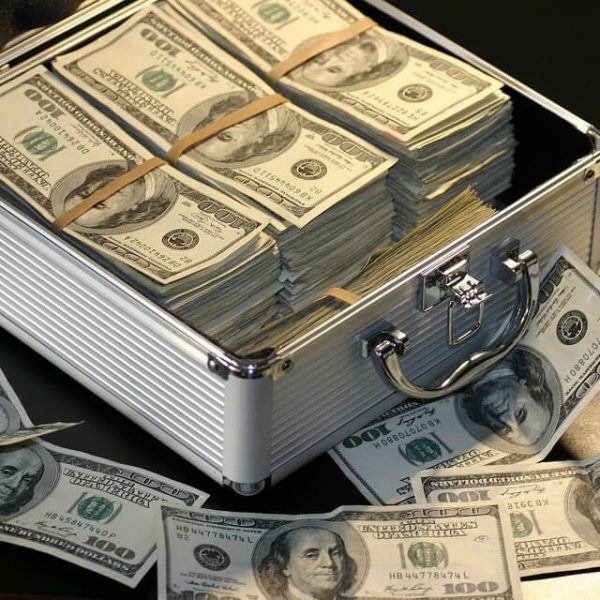Accepting kickback payments from a pharmaceutical company in exchange for prescribing a drug to Medicare patients is a violation of the Anti-Kickback Law prohibiting the acceptance of anything of value which might appear to influence a physician’s or physician extender’s actions
Compliance Perspective – Kickback Scheme
Policies/Procedures: The Compliance and Ethics Officer with the Administrator will review the policies and procedures regarding Physician and Vendor referral and kickback.
Training: The Compliance and Ethics Officer as well as other department heads will ensure that staff are trained regarding Physician and Vendor referrals and anti-kickback laws.
Audit: The Compliance and Ethics Officer should personally conduct a survey of staff to determine if they have been approached by a vendor and offered anything of value in exchange for services or favors.
GAINING PROFICIENCY WITH THE CODE OF CONDUCT AND CONFLICT OF INTEREST
A federal jury in New Hampshire recently convicted Christopher Clough, a physician assistant, on one count of conspiracy and seven counts of receiving kickbacks in relation to a federal healthcare program. Clough participated in a scheme in which he received kickbacks in exchange for prescribing a powerful fentanyl spray to patients. He faces up to five years in prison on each count of the conviction when he is sentenced.
Testimony during the trial indicated that Clough was approached by a representative of a drug manufacturer in June 2013, and he began prescribing a drug that had been approved by the Food and Drug Administration to treat breakthrough cancer pain. According to the trial evidence, from June 2013 through the fall of 2014, Clough wrote more than 750 prescriptions for the fentanyl spray in New Hampshire, including more than 225 prescriptions for Medicare patients. Consequently, Medicare paid over $2.1 million for these prescriptions.

During the period when Clough was writing these prescriptions, he was paid by the drug manufacturer to speak at more than 40 programs for about $1,000 per event. Most of the programs were sham events where he was paid to have dinner with employees or representatives of the pharmaceutical company, and he did not give any kind of presentation about the drug. In order to make the dinners appear legitimate, Clough and others would forge signatures of attendees on sign-in sheets. Clough received about $40,000 in payments from the drug manufacturer.
During the trial, it was shown that Clough often prescribed the drug for patients who did not have breakthrough cancer pain. He would often start patients on high doses of the addictive fentanyl spray and would rebuff patients and their family members who stated that they no longer wanted the drug.














































































